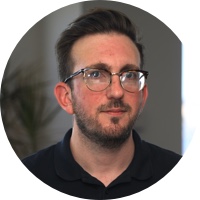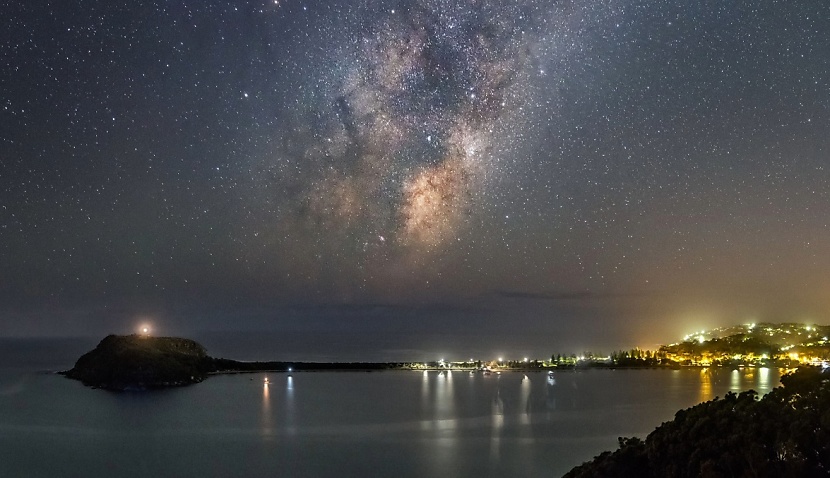
DarkSky International said it hoped the award – the first for a city location in Australia – would highlight the importance of good lighting practices.
The title recognises how so-called “light pollution” can significantly block our view of the stars as well as how damaging it is to wildlife and ecosystems.
Northern Beaches Council mayor Sue Heins said, “We’re extremely proud to be the first designated Urban Night Sky Place in Australia and the southern hemisphere.
“Through a lot of hard work and consultation with our community, we can now join the 160,000 square kilometres of protected land and night skies in 22 countries on six continents.”
The Northern Beaches Council worked closely with electricity distributor Ausgrid, which introduced a new street lighting type for biodiversity-sensitive areas that meets the Dark Sky requirements.
Palm Beach Headland now joins more than 210 sites designated as favourable for viewing the night sky – but it is one of just 10 globally in urban areas.
Others include Saguaro National Park, located in Tucson, Arizona, and Parc du Mont-Bellevue (PMB), located in the heart of Sherbrooke, Québec, Canada.
“Dark Sky Place certification almost always begins with a small group of individuals who organise to seek formal protection of their nightscape. Interested applicants establish a connection with DarkSky staff to confirm they are a quality candidate,” said the organisation.
“Once approved, the applicant and DarkSky staff work together to complete the written application that meets all of the requirements for one of the five certification categories.
“Once a nomination is deemed to be complete by DarkSky International staff, it is submitted to the external Dark Sky Places Committee (DSPC) for the final review and endorsement.
“The committee is made up of leading experts in the field, such as scientists, past applicants, and non-profit professionals.
“The committee judges the quality of the application and assesses whether the nomination will be awarded the official certification.”
It comes after Space Connect reported last year how Sydney’s Northern Beaches Council would use Starlink internet to keep crucial services operating during natural disasters.
The deal with Macquarie-owned reseller Vocus will see terminals installed in 37 locations, including childcare centres, lifesaving clubs, and the NSW rural fire service.
The area of NSW, which stretches from Manly in the south to Palm Beach in the north, was severely hit by flooding in 2022, including an overspill of its unused dam.

Adam Thorn
Adam is a journalist who has worked for more than 40 prestigious media brands in the UK and Australia. Since 2005, his varied career has included stints as a reporter, copy editor, feature writer and editor for publications as diverse as Fleet Street newspaper The Sunday Times, fashion bible Jones, media and marketing website Mumbrella as well as lifestyle magazines such as GQ, Woman’s Weekly, Men’s Health and Loaded. He joined Momentum Media in early 2020 and currently writes for Australian Aviation and World of Aviation.
Receive the latest developments and updates on Australia’s space industry direct to your inbox. Subscribe today to Space Connect here.









